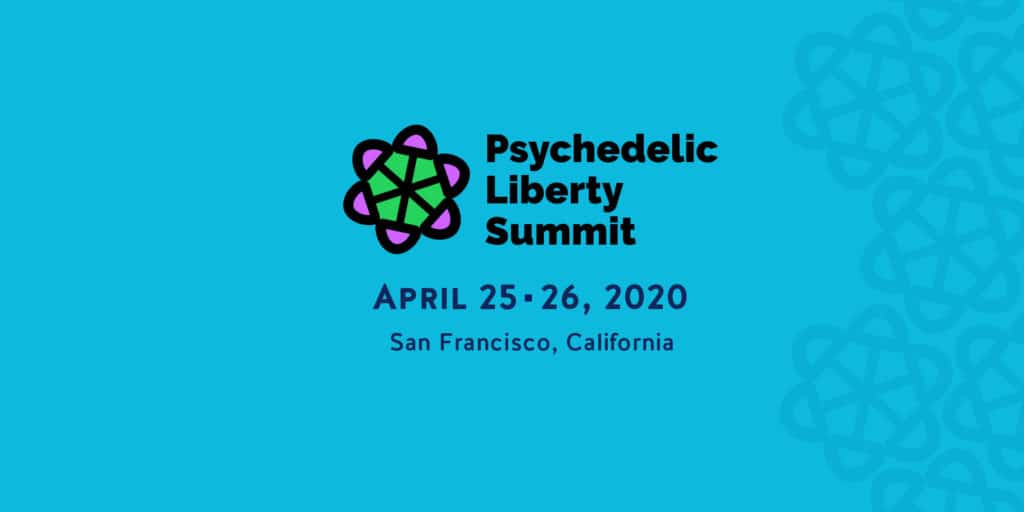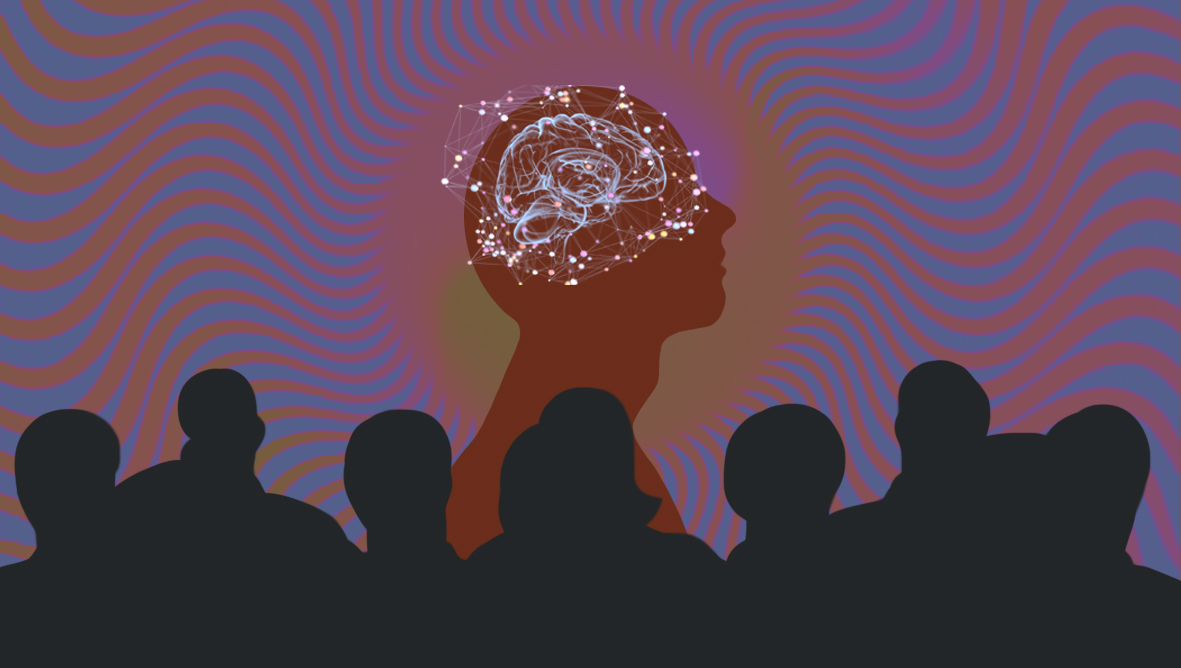- Integration: The Upside of Coming Down – Debriefing, Disrupting & Dark Journeys - April 6, 2020
- Integration: The Upside of Coming Down - March 20, 2020
Part One – Overview
Integration has ascended to quite a prominent position in the research and practices of what has recently come to be called “The Psychedelic Renaissance.” Today’s major psychedelic-assisted psychotherapy protocols using MDMA, psilocybin, and ketamine now include an emphasis on, and strategies for, integration – often stressing its value as potentially greater than the medicine sessions themselves.
With an eye cast beyond the requirements of efficacy, safety, and the durability of positive treatment effects, integration has taken a key position in the development of all psychedelic-assisted psychotherapy best practices. One of the major missteps in the mid- Twentieth Century was a tendency to over idealize the powerful experiences with altered states of consciousness – including the immediate relief, clarity and rebooting effects they brought. The profundity of the medicine sessions was so radically novel, that the ongoing processing of these profound experiences was left to be considered as after thoughts – literally.

It’s not hard to understand why this had occurred back then. These monumental mind-altering experiences can lead one to feel that the self (and perhaps the soul along with it) is already automatically and profoundly transformed and updated, and that further work is merely reflecting back on the changes that have already taken place. Psychedelic experiences can be very powerful and seductive. They can be riveting, expansive, humbling, confrontational, terrifying, lighthearted, and/or egoistic. It is easy to feel permanently changed in the moment, within the experience, and perhaps, deep down at some level of being, one has been permanently changed. Post-journey integration then became a basically implicit, undirected, and optional process.
To be fair to our pioneering predecessors, integration practices were also operative in those early days, predominantly in the form of expressions of gratitude and a general sense of shared awe and wonder with fellow travelers. However, the verbal sharing and processing of the specifics of the psychedelic experience with like-minded others was thought to reside outside of the mechanism of transformation.
While savoring the ecstatic and fantastical, and expressing gratitude for existential epiphanies, are still primary content for effective integration, time and experience has shown us that in most cases the immediacy of these experiences may not always be enough to fully harvest all that might be gleaned from a meaningful journey.
It appears it requires an ongoing commitment to mindful continued processing, and peer (and professional) interaction, to best metabolize and contextualize the experiences of non-ordinary reality. The best practice of integration is an ongoing endeavor that identifies the vestigial threads of the experiential tapestry of altered states and attempts to weave these ephemeral filaments into the warp and weft of one’s “ordinary” life, sense of self, and understanding of the world and one’s place in it.
Formerly, the term integration was most frequently used in psychology with the treatment of complex posttraumatic stress (PTSD) and dissociative identity disorders (DID) where the term integration underscores the primary psychotherapeutic objective of unifying “split off” and compartmentalized aspects of a patient’s personality that were developed for psychological survival under intense traumatic conditions. The process of therapeutic integration for PTSD or DID patients is the psychotherapeutic development of new internal communication channels, and a revision of internal coherence, among separated/sequestered aspects of a patient’s identity. Integration, in this context, is also associated with developing a higher tolerance for ambiguity and uncertainty, more inner self-compassion, and the ability to face the past without becoming overwhelmed or overly identifying with it.

Integration – whether for treating complex trauma, supporting psychedelic-assisted therapy, or generalized self-development – points to the creative development of the linking process operating within a human being’s organic self-reflective intelligence. By its very nature integration should be a never ending and always evolving process.
Effective post-psychedelic integration demands wise stewardship, empathic witnessing, and un-intrusive guidance. The best approach honors each individual’s inherent capacity for self-observation, self-direction and self-healing. Although the integration traditions of the dissociative disorders field emerged independently from the traditions of psychedelic-assisted psychotherapies, there are common philosophical underpinnings in both versions.
Psychedelic integration is also beginning to go mainstream. Across the U.S. one can now find weekly and monthly public integration circles springing up, hosted by both novice and experienced therapists from mainstream and underground therapy communities. In these public forums, often at a low cost, individuals can drop in once, or periodically, to find judgment-free support in these psycho-spiritual informative networks.
Here, experienced fellow-travelers often referred to as “psychonauts” freely share their perspectives on a wide range of non-ordinary state experiences – from the terrifyingly soul-scraping to the ineffably transcendental – and receive compassionate witnessing and contributions from others who have successfully navigated parallel terrains. These groups are particularly helpful for those who lack other people in their lives with whom they can share and process the highly significant events, and unusual after effects, of their altered state journeys.
Importantly, these groups offer an important antidote to the potential isolation and alienation some people feel intersecting with everyday life, family and friends, after such profound emotional and transpersonal experiences. Additionally, these homespun communities can serve as a counter-valence to the remnant misinformation, disinformation, and the cultural propaganda from the War on Drugs that still seems to hold sway in our society, particularly in the media, academia, and most organized religions.
The significance of psychedelic integration is fast becoming so elevated that a new sub-field of professional integration coaches, specialists, and therapists have arisen to meet the newly burgeoning need. With a hybridization of various treatment and self-help modalities, these psychedelic integration specialists are serving an important missing function in both private and community mental health services systems. In this emerging subculture, authentic psychedelic experience trumps institutional credentials and years of clinical experience.
These ad hoc communities are bubbling up out of the interstitial spaces between traditional licensed psychotherapy practices and the “psychedelic underground.” They enable many who otherwise might have not ventured out to find fellowship, education, support and guidance. Few traditional psychotherapists are fluent in both psychedelic-assisted psychotherapy and traditional mainstream psychology. Many patients in ongoing psychotherapy may be reluctant to bring up their psychedelic explorations with their therapists, fearing judgment. Furthermore, only a very few professionals in the mental health field possess any knowledge of psychedelics, altered states and the necessity of the integration process. This leaves a very wide gap in the mental health service delivery system. Naturally, the emerging psychedelic integration sub-specialty, like all elements of the helping professions, comes with its own set of risks and benefits.

Photomontage: 5DMEDIALAB
In the still uncharted zone where professional, para-professional and “underground” guides/consultants overlap, where almost anyone can call themselves an integration specialist, issues of bogus expertise as well as subtle or overt exploitation are quite possible. The unique vulnerability of transpersonal experience of altered states calls for the highest level of integrity, authenticity and trustworthiness from those taking up the mantle of integration therapists or specialists. Individuals coming out of psychedelic experiences are often at vulnerable psycho-spiritual crossroads. The incorrect or neglectful management of the post-journey experience can create problematic conditions ranging from confusion and fearfulness to avoidable hospitalization. As of now, there are no specific monitoring agencies or certification programs for psychedelic integration, although general certificate programs in psychedelic studies are beginning to emerge around the country.
The basic three-pronged caveat of the integration specialist should be to patiently support the individual to not lose the “high,” to not chase the “high,” and not throw away the lessons of the “high.” What had been scintillating and vividly comprehended only yesterday is ephemeral; it may slowly fade into mere vague impressions or may be wholly dispersed to oblivion. More sneakily, yesterday’s credible insights can be subjected to doubt, skepticism and self-undermining from established parts of the self that feel displaced by the novel non-ordinary sense of self. Friends and family may express concerns and/or doubts, possibly with the best of intentions, and one can easily lose hold of the psychedelic take-away. The return of everyday stresses and tedium can little by little close a recently opened heart and mind. What goes up must come down. Our minds expand and our minds contract. Metabolizing and sustaining the new understanding of the self and its role and place in the larger scheme of all things is what psychedelic integration is all about.
Join us at Psychedelic Liberty Summit 2020

Take a minute to browse our stock:
Did you enjoy reading this article?
Please support Chacruna's work by donating to us. We are an independent organization and we offer free education and advocacy for psychedelic plant medicines. We are a team of dedicated volunteers!
Can you help Chacruna advance cultural understanding around these substances?
















